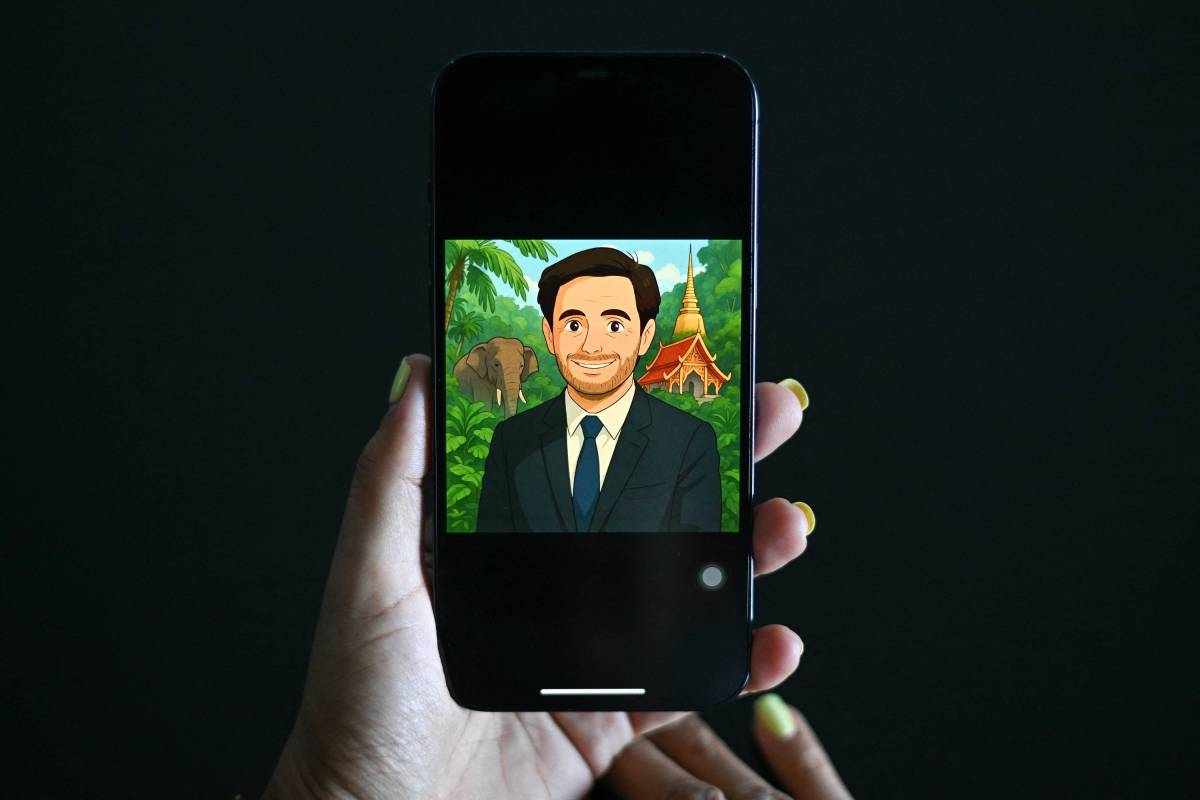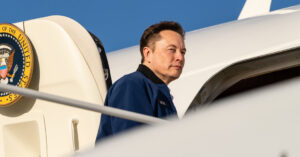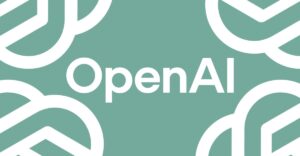Studio Ghibli Remains Silent on AI Replicas, While Fan Subreddit Speaks Out

Emergence of AI-Generated Images in Popular Culture
Introduction
The recent launch of OpenAI’s image-generation feature in ChatGPT has ignited a heated debate across social media platforms. This tool allows users to create images that resemble animation styles reminiscent of Studio Ghibli films, created under the guidance of renowned animator Hayao Miyazaki. However, this new technology has led to significant pushback from Ghibli fans who staunchly oppose AI-generated artwork.
Fan Reactions and Community Standards
The Ghibli fan community has responded with strong disapproval toward AI art. Users on various platforms, notably Reddit, have been vocal about enforcing a ban on AI-generated content. A moderator from the Ghibli subreddit recently highlighted an uptick in posts advocating for the prohibition of AI imagery, stating, “We don’t allow AI art. We haven’t allowed it basically since it became a thing.”
This ban stems from the belief that these AI-generated images do not pay true homage to Miyazaki’s artistry. Instead, they argue that AI models often base their outputs on copyrighted works without the original creators’ consent, stripping away the significance of the artwork and its emotional depth.
Concerns Over Copyright and AI
The controversy surrounding the use of copyrighted materials for AI training is not unique to Studio Ghibli. Various creators, writers, and publications, including major names like The New York Times, have taken legal action against OpenAI. The lawsuits claim that these companies leveraged copyrighted works to train their AI models without proper compensation or approval, raising ethical questions about the use of artistic expressions in technology.
Miyazaki’s Stance on AI Art
Hayao Miyazaki himself, aged 84, has openly criticized AI-generated artwork. In a documentary from 2016, he expressed his disdain for AI animation, stating, “Whoever creates this stuff has no idea what pain is whatsoever. I am utterly disgusted.” His statements resonate deeply with fans who feel that AI art lacks genuine emotion and understanding of human experiences, which are central to artistic expression.
The Broader Impact of AI-Generated Content
The situation with Ghibli is part of a larger trend as users create visuals inspired by other well-known styles, such as Pixar and Dr. Seuss. These images have gained traction online, spreading quickly across social media. For instance, even the White House shared a Ghibli-esque image in a controversial context, adding to the debate over the appropriateness and implications of AI art in public discourse.
The Surge in AI Creativity
Despite the backlash from fans and creators, OpenAI has reported that its image-generation feature has attracted an impressive user base. Brad Lightcap, who oversees day-to-day operations at OpenAI, shared that over 130 million users have generated more than 700 million images using the new tool. He remarked on the "extremely inspiring" range of visual creativity being showcased.
The Dilemma Facing the Art Community
As AI technology becomes more advanced, the divide between traditional artistry and AI-generated work continues to grow. Many creators fear the potential devaluation of their labor and the authenticity of their art in a world increasingly influenced by artificial intelligence. This ongoing situation raises questions about how the art world will adapt, balance technological innovation, and maintain respect for original creators and their rights in the digital age.
Closing Thoughts
As the conversation surrounding AI art evolves, it is essential to consider the perspectives of both artists and fans. The growing popularity of such tools presents challenges and opportunities, prompting a review of ethical practices in art and technology.






